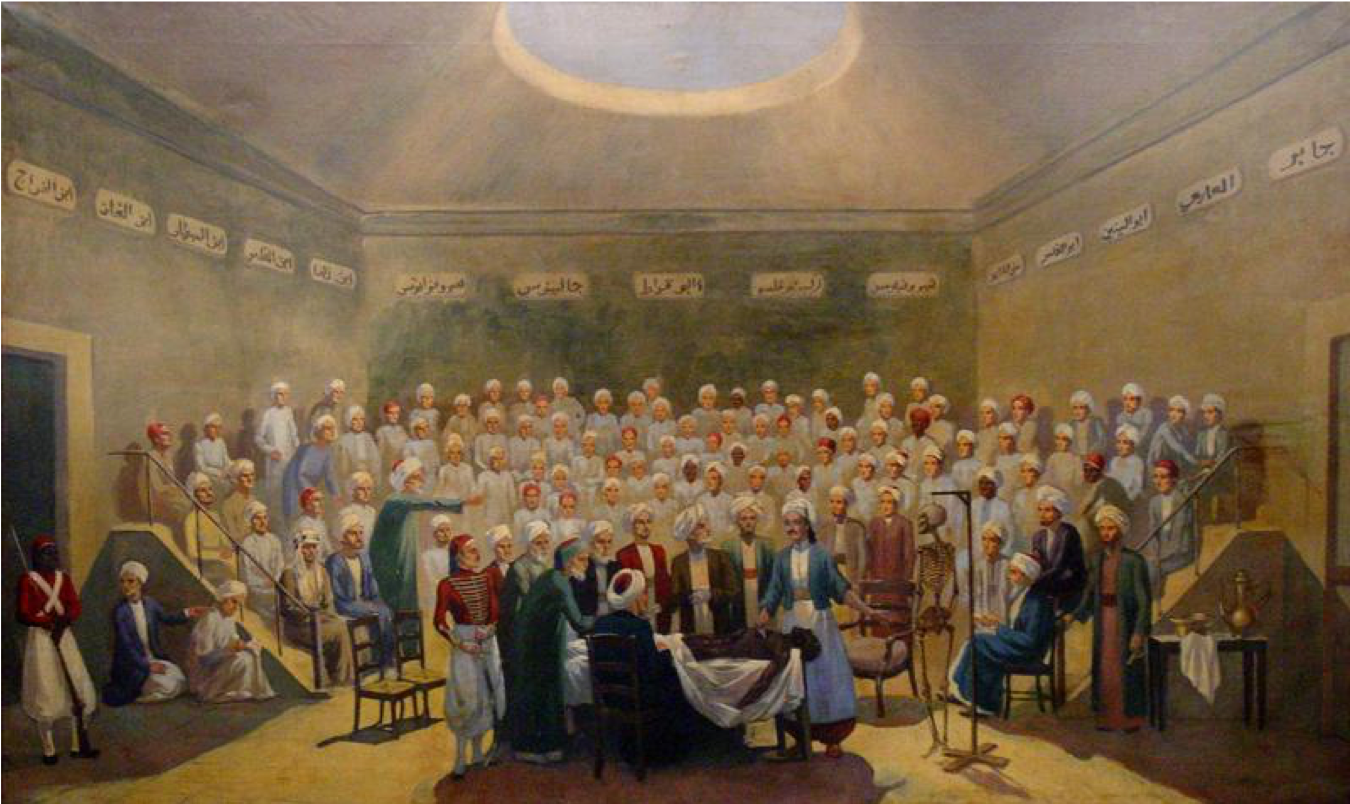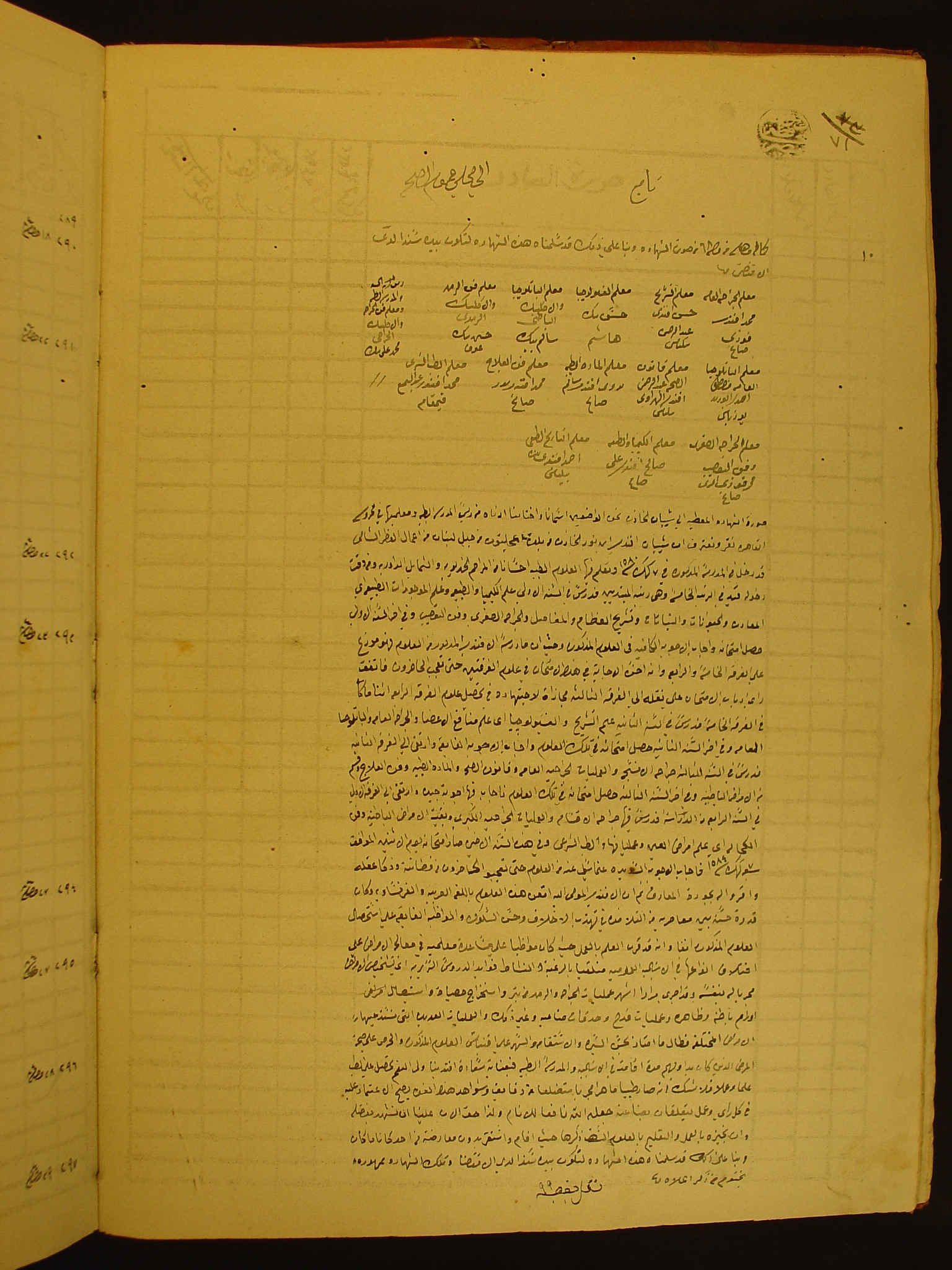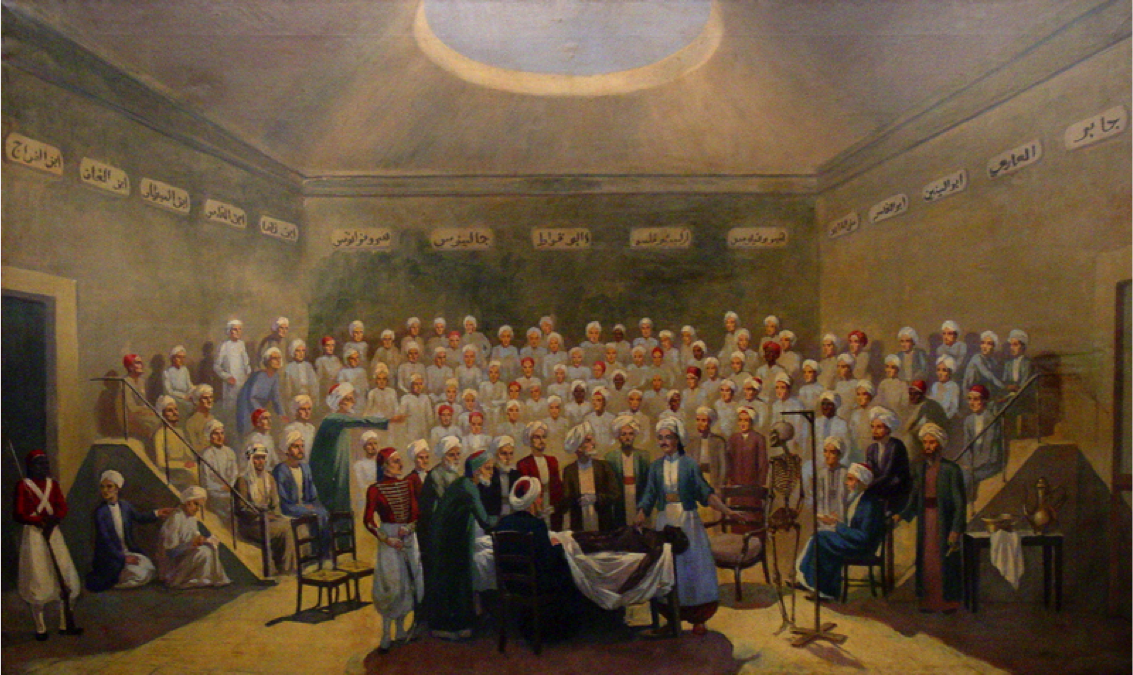Video recording of a lecture delivered in the series titled “Archives of the Disappeared: Discipline and Method Amidst Ruin” hosted by the Centre for Research in the Arts, Social Science and the Humanities, CRASSH, the University of Cambridge on 8 May 2020.
Leave a CommentTag: Qasr al-Aini
Last semester, spring 2017, I taught a class at Harvard on Arabic paleography and archival skills. Each week, we’d read a couple of Arabic, hand-written archival documents that I had culled from the Egyptian National Archives. The documents were mostly from the 19th century, although some dated from the 16th and 17th centuries. I’d have the documents transcribed and the quaint and odd words explained in advance. On their part, the students were supposed to a. translate the document, and b. practice reading it at home and be prepared to read it in class from the original, hand-written text. The documents…
3 CommentsPublished in Ahram Online on November 21, 2012 Cultural and civilisational diversity of the Egyptian society inspired mega project like arabising medicine in the 19th century. But, unfortunately it did not motivate the members of the Constituent Assembly. A few days ago I met with some friends to read the draft constitution that the Constituent Assembly is about to finalise, the first copy of which was published in the press a few days ago. As soon as we started to closely read the text, we were shocked by the poor language, lack of vision, contradictory ideas and flawed logic in…
Leave a CommentPublished in Ahram Weekly on November 12, 2012 As I go through the draft of the new Egyptian constitution, Article 11 strikes me as one of many curious articles in that supposedly foundational text: “The state protects the cultural, civilisational and linguistic unity of Egyptian society, and strives to Arabise science and knowledge.” Like others who have commented on the draft constitution, I have a problem with this article, but unlike others my problem is not that Arabising science might result in our doctors and engineers losing touch with the latest developments in medicine and engineering. Nor does my problem…
Leave a Comment


